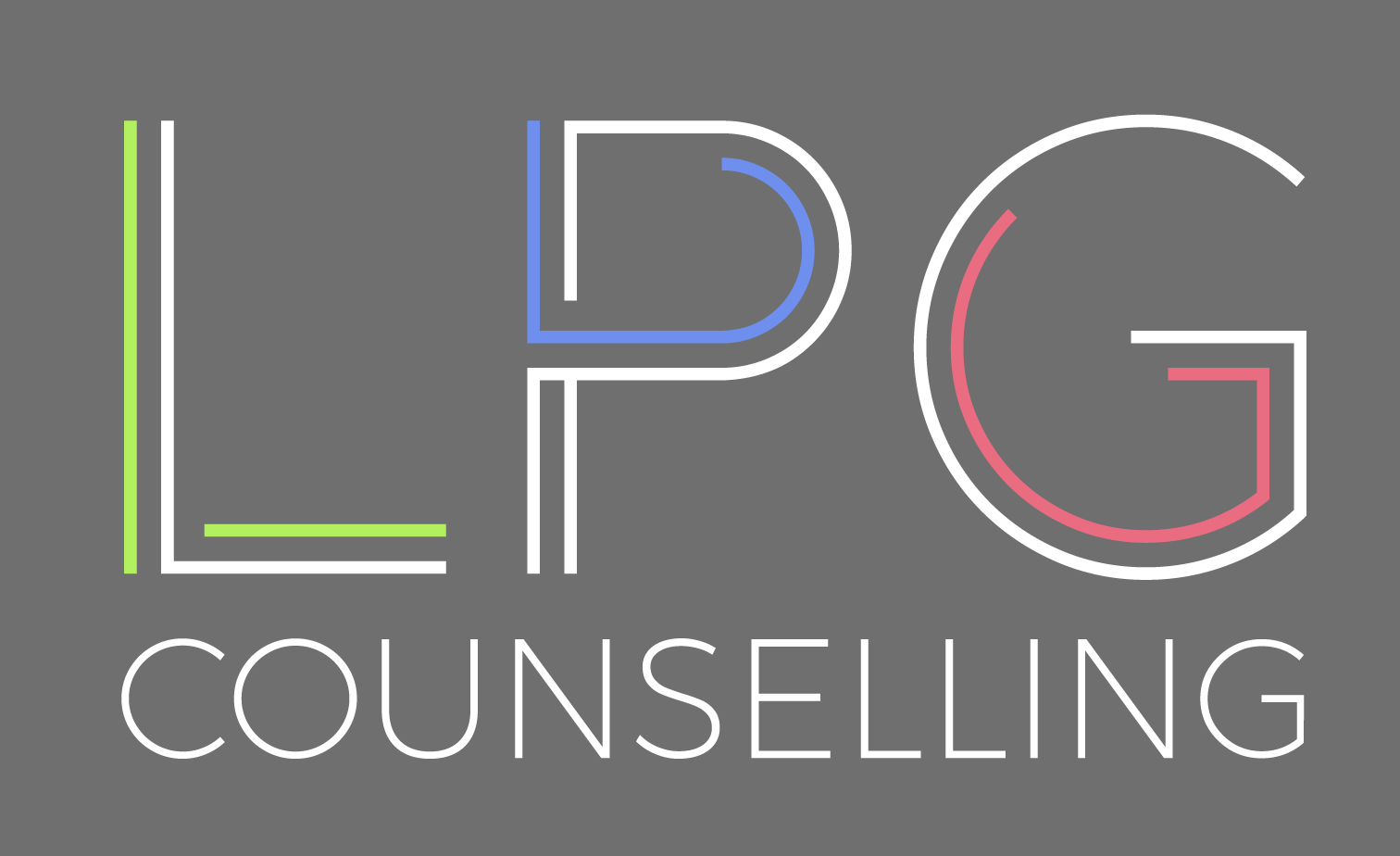Why Pay for Person Centred Counselling?
It’s easy to adopt the view that paying for counselling amounts to paying to just talk to another person about your problems. So lets examine the unique elements of what Person Centred counselling offers in order to provide a fuller understanding of what you are actually paying for when you tap your card; enter you enter PIN; or hand over your hard earned cash.
A Safe Environment
The most important thing you are paying for in counselling is the provision of a safe environment to explore your psychological difficulties. In the context of the Person Centred approach we use the word “safe” to describe a space that is free of any physical or emotional threats. The freedom from physical threat I think speaks for itself and when we talk about emotional threats we are mainly talking about judging; ridiculing or being dismissive of your thoughts and feelings.
One of the six therapeutic conditions for facilitating change calls for the counsellor to provide Unconditional Positive Regard and what that means is your counsellor listens to you without passing judgement and conveys that sense of being non-judgmental to you. We believe that the importance of being able to express whatever you feel is crucial to unleash your innate drive to grow. It is in this non-judgmental space that a Person Centred counsellor believes that you can find your own meanings to your thoughts, feelings and actions.
To increase that sense of emotional safety is the core pillar on which all counselling modalities rest upon: Confidentiality. Even if you can find a person with whom you feel safe to talk about your feelings there is no guarantee that the information you have shared will stay confidential. In counselling however, counsellors have an ethical duty to protect and ensure the information you share within your sessions stays confidential and is not shared without your permission. In the event of this occurrence there are serious consequences for the counsellor.
Genuine Connection
A core component of a Person Centred counsellor’s job is to listen to you actively and engage empathically with your experience. By doing this a counsellor is working to connect solely to your perception of reality. Person Centred counsellors call this entering your “Frame of Reference”. Another way of viewing it is that the counsellor endeavours to enter your world via utilizing empathy to understand what it is like to be you in the moment both cognitively and bodily. When a counsellor enters your world they do not seek to diagnose; change or criticize it. They bring with them no goals; no expectations; and no rules for you to follow. Only empathy and compassion. The counsellor’s only aim is to be there with you, travelling alongside you as a companion on your journey wherever that journey may lead. Person Centred counsellors believe that humans are fundamentally relational creatures and it is only by being in relationship to others are we able to overcome the obstacles life throws at us.
For a counsellor to enter into a therapeutic relationship with a client they are giving their time and energy to your journey. Attuning to another person empathically can be a very draining and tiring experience depending on the material that is brought and therapists do a lot of training in how to manage and pay close attention to their energy and what it may be telling them about themselves or their clients. Person Centred counsellors are very aware that in order to see life from your perspective and to share in your experience they must share themselves.
Self-Care
Living in a developed, western, capitalist society has many benefits. However, the results of a decade of austerity; a growing population and a decreasing job market is that these days people are working harder, longer hours; in stressful and hostile environments to pay for the rising cost of living in order to ensure their survival in the urban jungle. One of the main casualties of living in this type of society is the loss of connection to people who genuinely care for us and the cultivation of deep, meaningful relationships. Very few of us can say we have escaped the grips of isolation and loneliness in our lives. Humans are social creatures and so when we are subjected to prolonged feelings of isolation and/or loneliness our mental, physical and emotional health deteriorates. Time off work is now about recovery not relaxing; recuperating and connecting.
When you pay for counselling you are paying to make the time to care for yourself by engaging in a genuine human connection with another person who is genuinely interested in your life. And yes, in an ideal world we would not need to pay for this connection. However, until the next major social innovation comes along it does not seem like it will be changing anytime soon. The thing that makes the therapeutic relationship different compared to the other types of relationships you may experience in your life, is the focus is about you and this accelerates the process. It’s a relationship in which you can fully explore the inner workings of yourself. Your counsellor, in addition to being your travelling companion, acts as a mirror reflecting back your perception of yourself.
Person Centred counsellors see their clients as complex human beings. They don’t view you as a computer that needs debugged and reprogrammed or as a patient for whom the cause of their mental anguish has to be rooted out and cured. They believe that within you, you have the ability to find the causes of your problems and to find a “you-specific” way to deal with them. None of us are immune to tragedy, trauma, misfortune, grief and injustice: these are the inevitabilities of life. What counselling does is to provide you with the means to learn, process and grow from your experiences. And, most importantly, you don’t have to do it alone.
By Gavin McDonald

